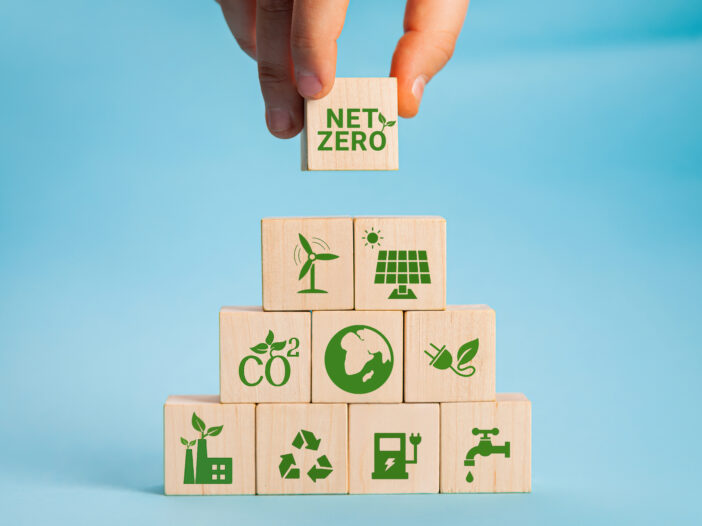A few years ago, I ate some raw chicken…on purpose. The tour guide assured me that the slathering of wasabi made it safe. Not to mention the chicken’s Japanese nationality implied its general cleanliness.
I took one look at my travel companion, who happened to be a former compliance officer of Fat Tail, and popped the chicken heart in…followed by limited efforts to chew. It tasted like raw chicken with wasabi, funnily enough.
My experience begs the question, why don’t we do this all the time? Why do we bother to cook food at all?
Enter food historian Rachel Laudan, author of Cuisine and Empire: Cooking in World History. Here’s how she explained it on the podcast Econtalk:
‘It takes a huge amount of energy to digest food. So that when you cook, what you are essentially doing is outsourcing digesting — chewing and digesting — into the kitchen. And doing it previously. And that saves a lot of energy for the humans who are lucky enough to eat the cooked food.’
Believe it or not, this simple explanation blows renewable energy out of the sky. Because the energy transition attempts to reverse the same sort of gains we made when we began to cook food…
Cooking is about outsourcing part of the energy demand of fuelling yourself with food, which is really just energy. And cooking is a more efficient overall energy system than eating raw food. It reduces the overall amount of energy used and maximises the amount of energy created. Especially when someone else is doing the cooking for you…
This is quite a claim, when you think about it. I mean, cooking is quite labour (energy) intensive. As is gathering the fuel to do the cooking (more energy). And then there’s putting up with the person actually doing the cooking, if you forget to thank them for all their hard work…while doing the dishes. All of this adds up to a lot of effort (energy) relative to the energy you get from the cooked food as a result.
But I can vouch that digesting raw chicken hearts is hard work too. Emotionally and in terms of energy expended in digesting. Especially if you don’t chew properly.
It’s not just cooking, of course. Consider bread. It’s a royal pain in the neck to make. The amount of energy spent in growing, harvesting and grinding for flour is immense before you even begin baking. And yet, the food it creates is so energy efficient that it’s worth it. (According to Laudan, grains make food storage and transport incredibly energy efficient.)
Worth it, in this context, means that the amount of food (energy) created is more than the amount of energy used up in creating it. How much more?
Energy analysts call this Energy Return on energy Invested (EROI). Here’s how former Cambridge researcher Michael Kelly explained the idea:
‘If a cheetah goes chasing a rabbit, and it ends up consuming more of its own energy than it gets by eating the rabbit when it catches it, its long term future is not assured. If that cheetah is supporting a family, then the ratio of energy [consumed relative to generated] had better not be 1 to 1 it had better be 5 or 6 to 1. […]
‘If we’re going to have nice things in society, we need to make sure that the amount of energy we use to produce a barrel of oil is 1/14 of the amount of energy in that barrel of oil. […] It’s called energy return on energy invested.’
The lesson here is that life is about the energy efficiency of getting more energy. In the broadest sense, this includes reliability, storage, cost and plenty more. The more efficient our energy system, the more we can get out of less. If we have to expend vast amounts of energy in generating energy, we get poorer, because there’s less left over for what we want to use it on.
The act of cooking may have been our first energy transition — a global revolutionary improvement in how we manage our energy systems on which we depend for survival (food). It certainly puts Masterchef into perspective.
Since coming up with cooking, we have had many other energy transitions. But we have never transitioned to a form of energy which is less efficient, more expensive and less reliable (a lower EROI). Not in the history if civilisations actually holding up, anyway.
Each transition in history, from solar to wood to windmills to coal to oil to nuclear was about getting more for less. More energy per unit of energy expended in getting it. We ended up with so much energy that we used it for things other than cooking, such as cars, TVs and going on holiday to Japan…to eat raw chicken.
Because of this, it was obvious why we were conducting each energy transition — it made us richer. And so nobody had to force it upon us.
But all that is about to change. Unfortunately, renewable energy projects are set to reduce our EROI. Some even use as much or more energy than they generate!
An Australian researcher at the Finnish Geological Survey, Simon Michaux, thinks wind turbines are sometimes a good example of this, once you consider the energy expended in the entire process of making one (including the mining of resources).
‘The energy to create the materials and then manufacture the wind turbine and then get it into place is actually more than what that wind turbine will generate across its life cycle, when it’s then taken away. So we’re in this sort of phase at the moment where the true costs of everything that we do are not completely understood. And there is a reluctance to understand them, because we’ve got it easy at the moment. We’re depending on fossil fuels — this cheap abundant energy source and it’s allowing us to do all sorts of things.’
Without cheap and readily available fossil fuels, building windmills becomes a challenging task. In other words, can a wind turbine produce enough energy to produce a wind turbine…once you include the energy needed to find, mine, refine, manufacture and install what’s needed?
The margins are sometimes dangerously thin. Which leaves dangerously little energy over for doing much else in our economy.
This doesn’t matter when renewable energy is a small part of the grid. But if it is the entire grid, the equation matters a lot. Because we’ll be spending so much energy rebuilding so-called renewable energy that we won’t have enough for the other things we like to do.
Our entire economy will be dedicated to keeping enough renewable energy online to build the next generation of renewable energy. And there won’t be any energy left over for cooking…
Until next time,
 |
Nick Hubble,
Guest Contributor, Money Morning
PS: STREAMING NOW: What you’re not being told about the greatest energy U-turn in history…It’s the polarising video we had to release…and it reveals how the goal of 100% renewable energy in Australia is impossible. Stream NOT ZERO now and you’ll discover that some of the wealthiest investors in the world have spent the last 18 months quietly loading up on fossil fuel stocks. They’ve figured out what’s coming — and now, so can you. WATCH THE VIDEO HERE…

